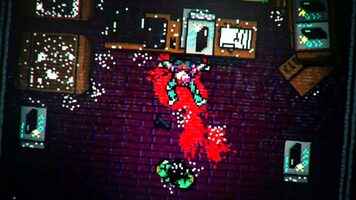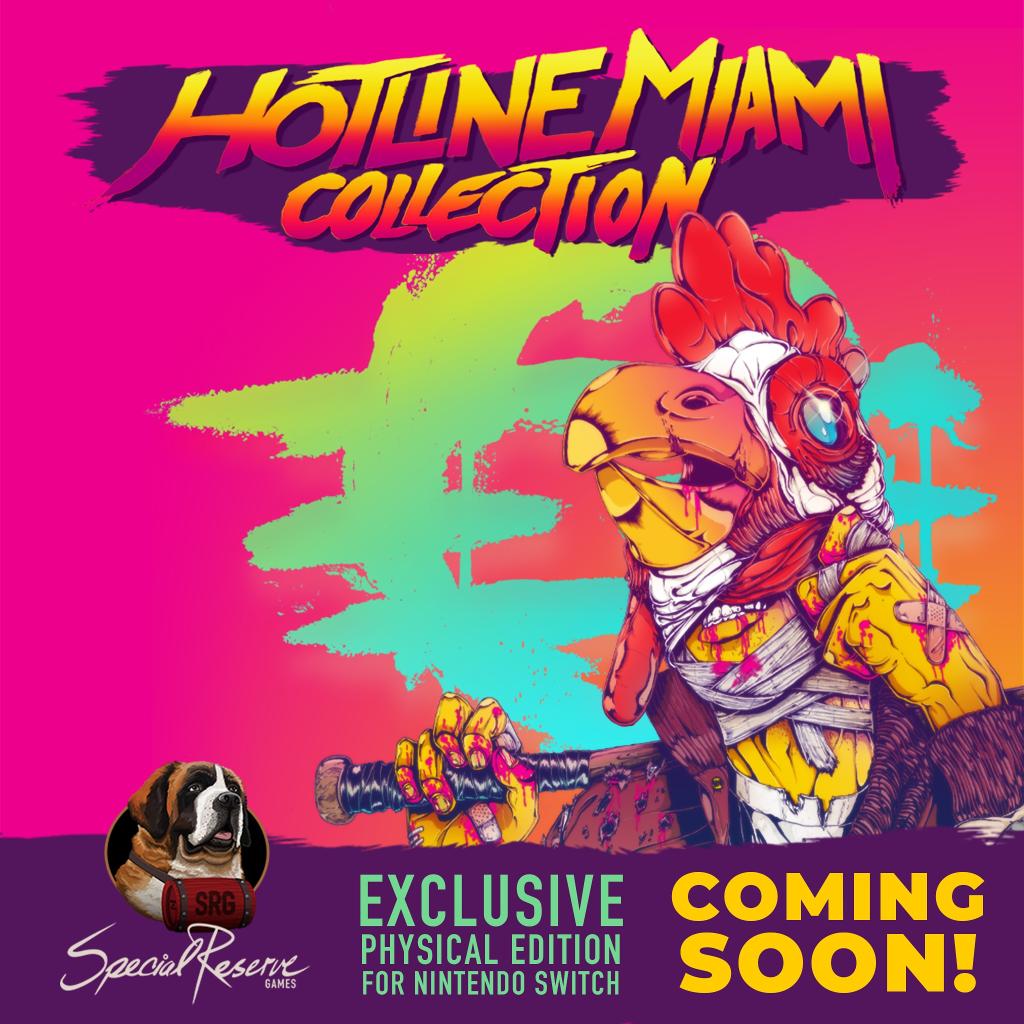
Occasionally, they must also defeat a boss at the end of the chapter or find key items as they explore. In each stage, the player navigates a building from a top-down perspective, where the goal is almost always to kill every opponent therein. Prior to commencing a mission, the player is asked to select an animal mask to wear, each of which-with the exception of "Richard", the default rooster mask-provides a unique benefit, such as faster movement or a starting weapon. These messages tell him to perform an arbitrary task at a certain location, which in each case is inferred as a euphemism for killing every person at that location (e.g., "giving VIPs at a hotel a great stay" or "taking care of a pest infestation"). At the start of most chapters, "Jacket" wakes up in his apartment and listens to cryptic messages on his answering machine.

Hotline Miami is divided into several chapters, each of which is further broken down into several stages. A sequel, Hotline Miami 2: Wrong Number, was released on 10 March 2015.

Hotline Miami has since become a cult video game, and has been cited as a highly influential independent video game. Īt release, the game received critical acclaim, with praise regarding its narrative, themes, music and gameplay. The game itself was influenced in part by Nicolas Winding Refn's 2011 neo-noir crime film Drive, as well as the 2006 documentary Cocaine Cowboys. The game blends top-down perspective with stealth, extreme violence and surreal storytelling, along with a soundtrack and visuals inspired by 1980s culture. Set in 1989 Miami, the game revolves primarily around an unnamed silent protagonist-dubbed "Jacket" by fans-who has been receiving coded messages on his answering machine instructing him to commit massacres against the local Russian mafia. The game was published by Devolver Digital and released on 23 October 2012 for Microsoft Windows.

Hotline Miami is a top-down shooter video game by Jonatan Söderström and Dennis Wedin, collectively known as Dennaton Games.


 0 kommentar(er)
0 kommentar(er)
